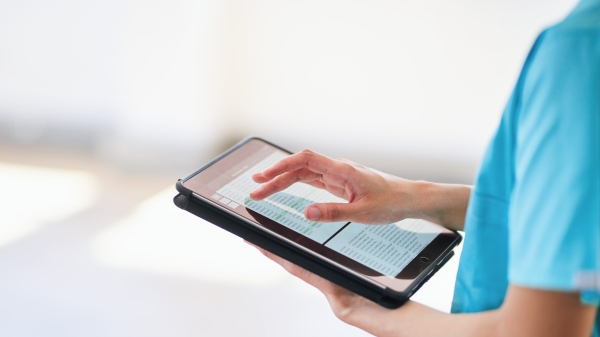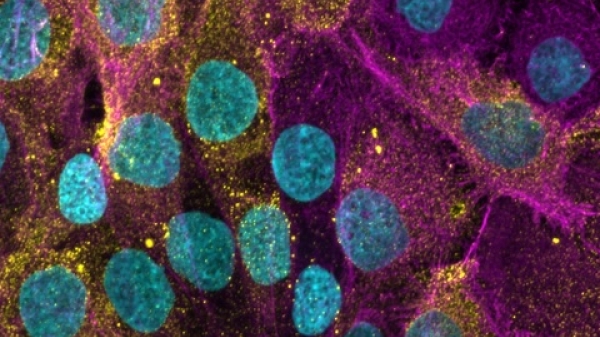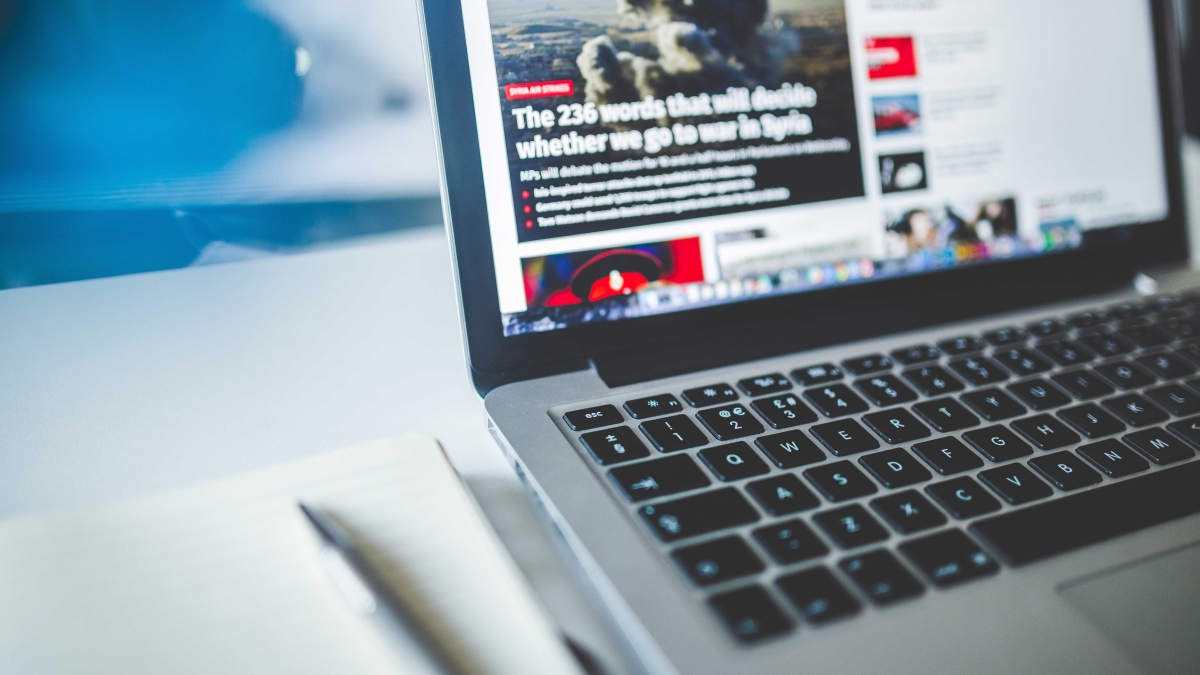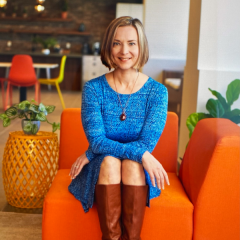The news is everywhere.
On your cellphone.
On your Twitter account, Facebook feed and other social media accounts.
On TV, the radio and in newspapers.
Unless you completely unplug, you know what’s going on every second of every day.
That can be a good thing. As Thomas Jefferson once said, “An educated citizenry is a vital requisite for our survival as a free people.”
But there’s also a downside. Think of the news we’ve been inundated with the last few years: COVID-19, the war between Russia and Ukraine, mass shootings, political upheaval, protests, drought conditions and more.
The obsessive urge to keep up with that news can lead to stress, anxiety and worsening physical health, according to a study in the journal Health Communication.
The study found that 16.5% of 1,100 people polled in an online survey showed signs of “severely problematic” news consumption, which led them to focus less on school, work and family, and contributed to an inability to sleep.
Just more than 73% said they experienced mental health issues “quite a bit” or “very much,” and 61% reported their physical health suffered.
A “news addiction,” the journal called it.
Nika Gueci
ASU News talked to Nika Gueci, executive director for university engagement in the Center for Mindfulness, Compassion and Resilience at Arizona State University, about the consequences of a news addiction and how people can wean themselves off the 24-hour news cycle.
Editor's note: The following interview has been edited for length and clarity.
Question: How does an unending diet of news impact one’s physical and mental well-being?
Answer: We are being oversaturated with the news, and when that happens, we can become anxious. We can become stressed, we can become worried. And I think we’ve been living in this state for a couple of years now. So when we’re living in this constant state of constant anxiety, it can really lead to detrimental health outcomes. Our immune systems can suffer. Our digestion can suffer. We can experience colds and headaches more easily.
When we hear about negativity in the news, it can really affect our entire outlook on life. So being aware of what we consume — whether what we’re consuming is food, news, TV, social media — being aware of it is really the first important step in maintaining our balance and maintaining our mindfulness in our daily lives.
Q: It sounds easy. Just get off the phone and avoid social media. But those are at our fingertips every day. How do we do that?
A: I don’t think that the solution right now is to unplug completely. I don’t think that it’s a viable solution, and I don’t think anybody is going to stop being on their phone, watching the news or looking at social media. But mindfulness can help us provide that choice point. A lot of time, when we act on a daily basis, we do so habitually and automatically. We might not even think about picking up our phones, which are right in front of us. So I think the more that we practice being in the present moment … it presents us with an opportunity to make a choice. We can have a choice in what we engage in, who we engage with, what kind of news sources we look at and for how long. Just knowing that you have that choice is a really important step.
Q: Social media obviously plays a big role because of the constant availability. Twenty-five years ago, you watched the news at night and/or read the newspaper the next morning. That’s how you got your news. Would you advise that people set aside time every day where they don’t look at their phone or computer?
A: Of course. I think time limitations are really important. For example, having an alarm clock instead of your phone as an alarm clock, because it’s so easy to just use your phone as your alarm, pick it up and that’s what you’re doing for the next hour. Creating those habits throughout the day can lead to more informed decision-making. And if a news source or social media platform brings up feelings of great discomfort, try not to interact with those people and create that choice point as to who you want to engage with. There are so many choices.
The more you’re in tune with, “How is this affecting me, how is this affecting my mental and physical well-being, how do I feel after I wake up and I’m on my phone for two hours?” … If you don’t feel great, then that’s a time to implement new habits.
Q: This constant cycle of negative news seems like a car accident on the side of the road. You don’t want to look, but you can’t keep yourself from looking.
A: That’s a great point. I don’t think our brains are meant to process this amount of information in the amount of time that we’re taking it in. And when we’re constantly being flooded with it, no wonder we’re getting sick and no wonder we’re feeling anxious. We’re giving our system something that it’s really not intended to handle. I think there are good uses of technology. It can help us keep connected to family and friends. But again, it’s that knowing: Does this bring me joy? Does this bring me happiness? Or does it bring me terror and fear?
Top photo courtesy Pexels
More Health and medicine

First 2 degree offerings from ASU Health available in fall 2025
The first degree offerings from ASU Health will help students find jobs in the modernized health care system.The one-year Master of Science in public health technology and the two-year Master of…

ASU study uses new biomaterials for wound healing
A minor cut often heals within days, vanishing without a trace. Yet, wound healing and tissue repair are complex biological processes, revealing the body’s remarkable regenerative capacity.In a new…

Moeur awardee seeks to turn passion into tangible human impact
Editor’s note: This story is part of a series of profiles of notable fall 2024 graduates.During high school, Nguyen Thien Ha Do, a graduating student in the medical studies program at the…

